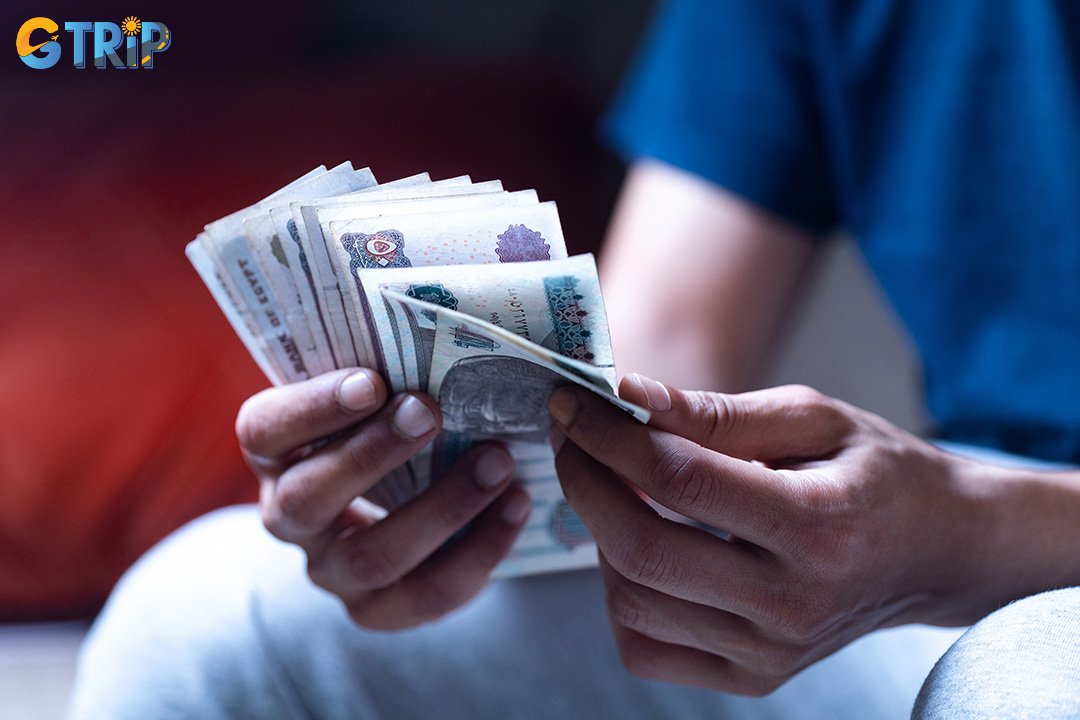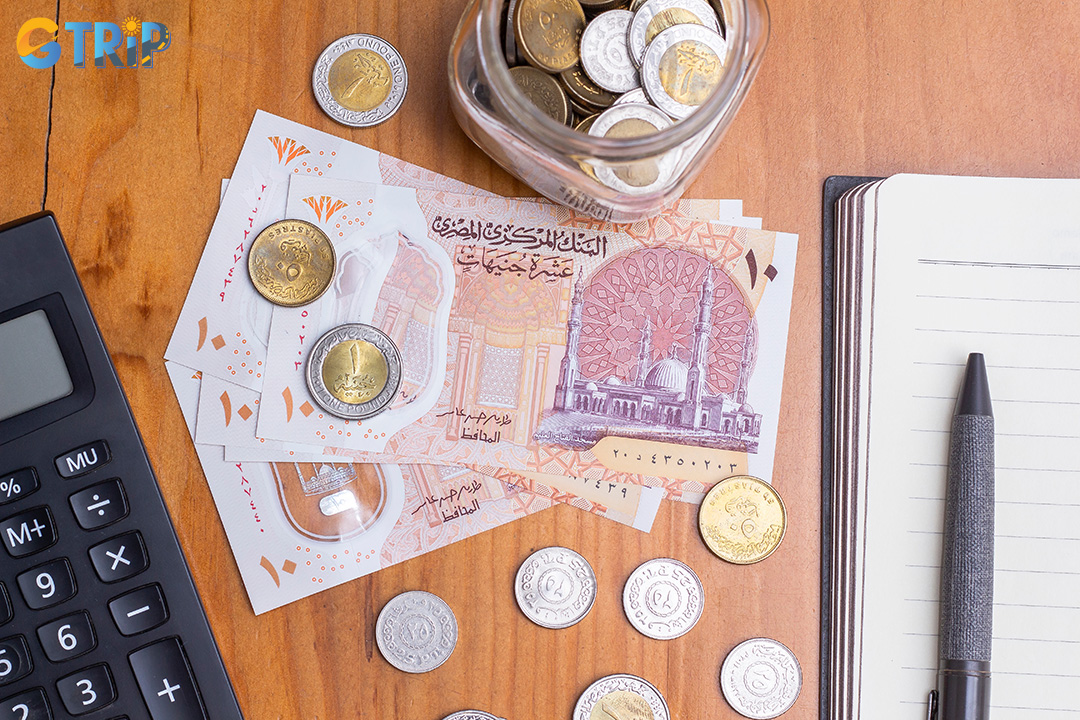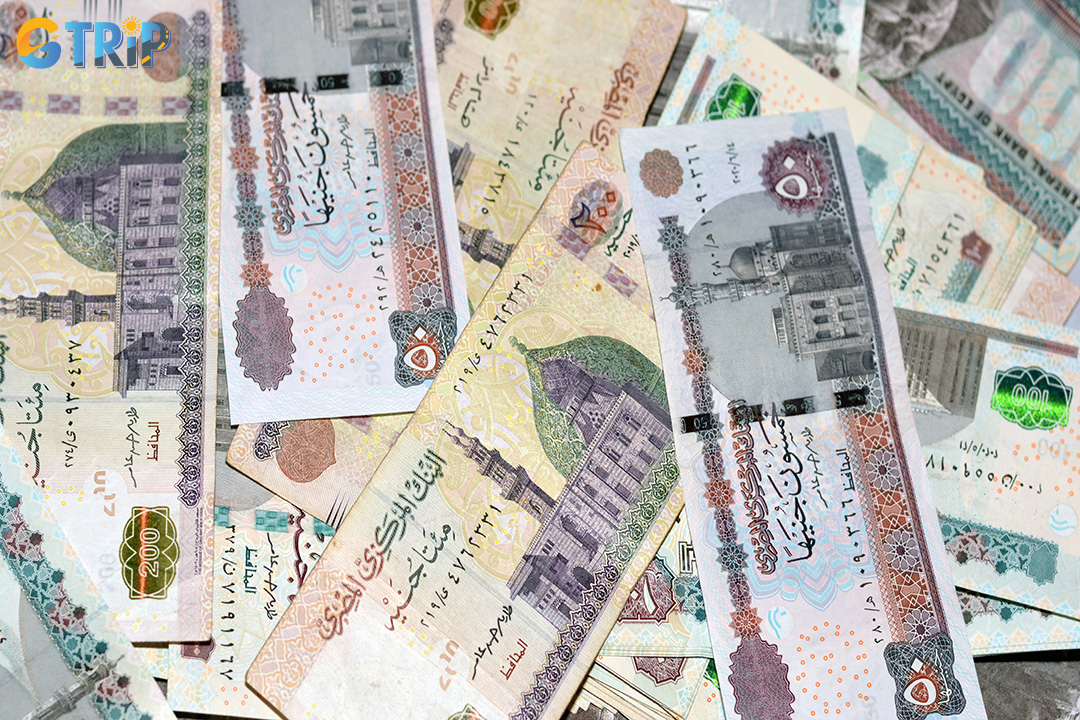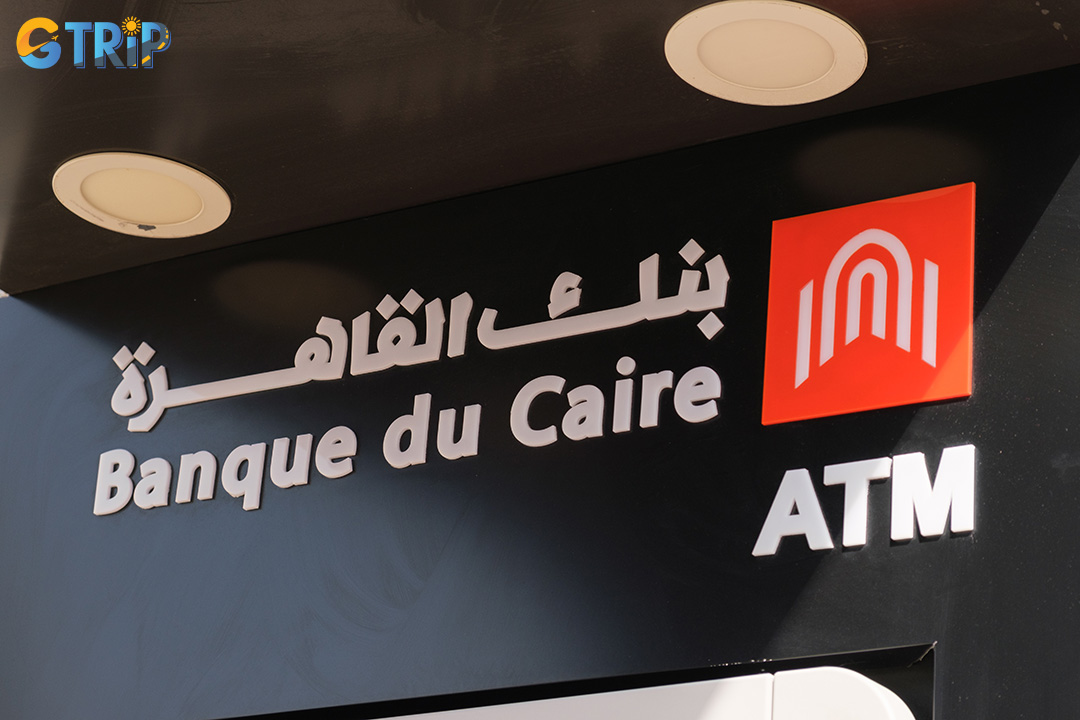Feb - 05 - 2024
Embarking on a journey to Egypt is not just a physical adventure, it's a traverse through time, a plunge into the enchanting tapestry of a nation adorned with ancient wonders and modern marvels. Traveling to Egypt not only uncovers the mystique of Egypt but also navigates the practicalities, including the nuances of currency in Egypt.
The currency of ancient Egypt - Beyond sands of time
The currency of ancient Egypt unveils a rich tapestry of history and provides valuable insights into the society's advancements and interactions with other cultures.
The barter system and early forms of currency
In the dawn of Egyptian civilization, the barter system was prevalent, with goods exchanged directly between individuals. Goods and commodities, from grains to livestock, were exchanged in a vibrant display of trade. The value of goods was the currency itself, creating a thriving marketplace in the heart of ancient civilization.
As the ancient Egyptians progressed, the need for a standardized unit emerged. This gave birth to the concept of commodity currency. Items like barley, wheat, and other agricultural products became the means of trade, creating a more structured economic system.

In ancient, Egyptians used goods exchanged hands instead of currency
The use of metal currency in Egypt
The Deben, a unit of weight, emerged as a pivotal form of currency during the early dynastic period. Composed of copper, silver, or gold, these cylindrical pieces became the foundation of Egypt's monetary system. They were not only a medium of exchange but also symbols of wealth and status.
As Pharaohs ascended to power, so did the sophistication of Egypt's currency. The use of gold and silver expanded, and various symbols of power and deities found their way onto coins. These coins not only facilitated trade but also served as a proclamation of the ruler's authority.

The Deben is a standardized unit of value during the New Kingdom
Modern-day currency - Egyptian pound
Fast forward to the 19th century, the landscape of Egyptian currency underwent a revolutionary change. The Egyptian pound was introduced in 1834, marking a shift towards a more stable and standardized monetary system.
Evolution of the Egyptian pound
In modern-day Egypt, the official currency is the Egyptian pound (EGP), which is abbreviated as "LE" (short for livre égyptienne) in the local language. The current exchange rate is approximately 1 USD = 18.8 EGP.
The currency is further subdivided into smaller units known as piastres. Banknotes and coins are used for transactions, with banknotes available in various denominations, including 5, 10, 20, 50, 100, 200, and 1000 pounds, while coins are available in smaller denominations.

The official currency of Egypt is the Egyptian pound
Things to keep in mind about currency in Egypt
- Exchanging money: You can exchange money at banks, currency exchange booths, and airports. The best exchange rates are usually found at banks. However, it is important to compare rates before you exchange your money.
- Using credit and debit cards: Credit and debit cards are widely accepted in Egypt, especially in tourist areas. However, it is always a good idea to have some cash on hand for small purchases in case your card is not accepted.
- ATMs: ATMs are readily available in Egypt, but be aware of the fees that your bank may charge for international ATM withdrawals.
- Tipping: Tipping is expected in Egypt, but the amount you tip is up to you. A general rule of thumb is to tip 10-15% for good service.

Egypt offers various payment methods
The evolution of currency in Egypt is a testament to the country's rich history and its ability to adapt to changing economic landscapes. As you explore the wonders of Egypt, take a moment to appreciate the significance of its currency throughout the ages. Plan your journey and travel to Egypt to witness this captivating blend of ancient heritage and modern advancements firsthand.


